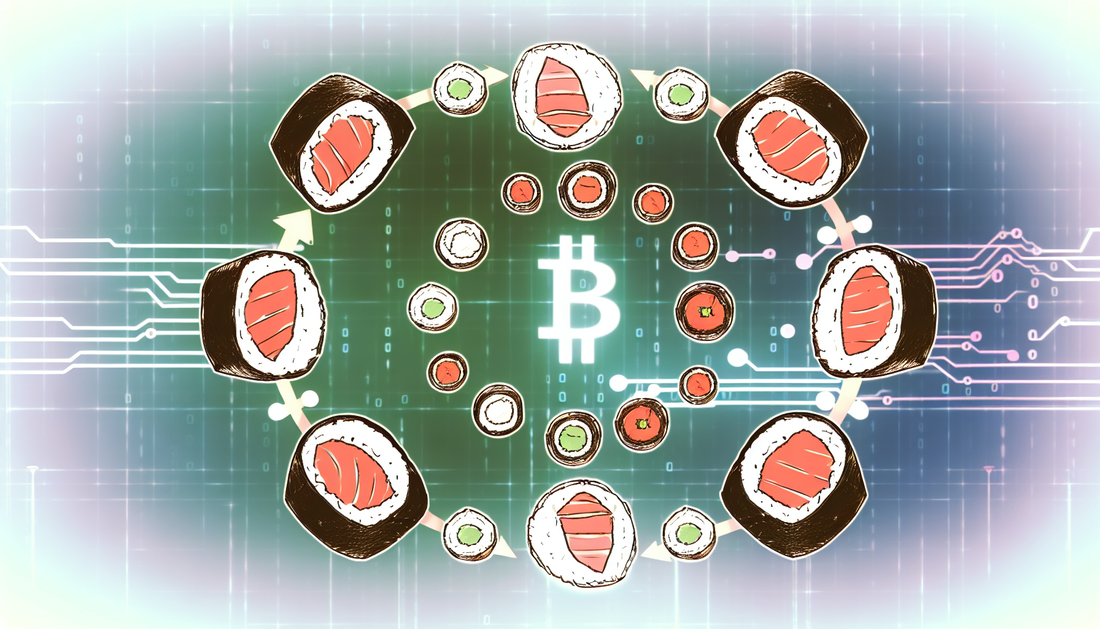
SushiSwap Governance: Empowering Community Voices in DeFi
Share
In the rapidly evolving world of decentralized finance (DeFi), governance serves as a critical mechanism for the sustainability and adaptability of platforms. SushiSwap, a prominent decentralized exchange built on the Ethereum blockchain, emphasizes decentralized governance to ensure the community has a voice in the platform’s future direction. This focus on governance is becoming increasingly important as DeFi platforms strive to balance decentralization with efficient decision-making.
SushiSwap operates under a decentralized autonomous organization (DAO) model, which allows SUSHI token holders to participate in key decision-making processes. This governance model encourages community involvement in the protocol’s evolution, ensuring that changes reflect the collective preferences of users and stakeholders. SushiSwap's governance framework empowers SUSHI holders to propose and vote on various aspects, such as protocol upgrades, fee structures, and partnerships.
The DAO governance model adopted by SushiSwap is not unique to the crypto space. It mirrors the governance strategies of several other blockchain projects striving for decentralization. For instance, the BitTorrent Chain also employs a community-driven governance model, emphasizing the importance of user involvement in shaping the destiny of blockchain projects. Similar approaches can be observed in the decentralized ecosystems, where decision-making is distributed among stakeholders to prevent central authority from exerting undue influence.
One of the challenges SushiSwap faces with decentralized governance is ensuring active participation from the community. Active and informed participation in governance processes is crucial to making decisions that truly reflect the community's needs and preferences. In some cases, low voter turnout can lead to governance decisions that do not represent a broad consensus, highlighting the need for mechanisms that increase engagement and participation.
Despite these challenges, the governance structure of SushiSwap fosters transparency and accountability. By enabling token holders to vote and propose changes, SushiSwap aligns with the broader trend in DeFi to democratize decision-making processes. This trend aims to create a more resilient and adaptable platform, capable of responding to user needs and emerging market dynamics.
In conclusion, governance in SushiSwap exemplifies the complex interplay between decentralization and efficient protocol management. As DeFi continues to grow, governance models like that of SushiSwap play a crucial role in determining the success and sustainability of these platforms. This focus on governance aligns SushiSwap with other blockchain projects that emphasize community participation as a cornerstone of their development strategies.
